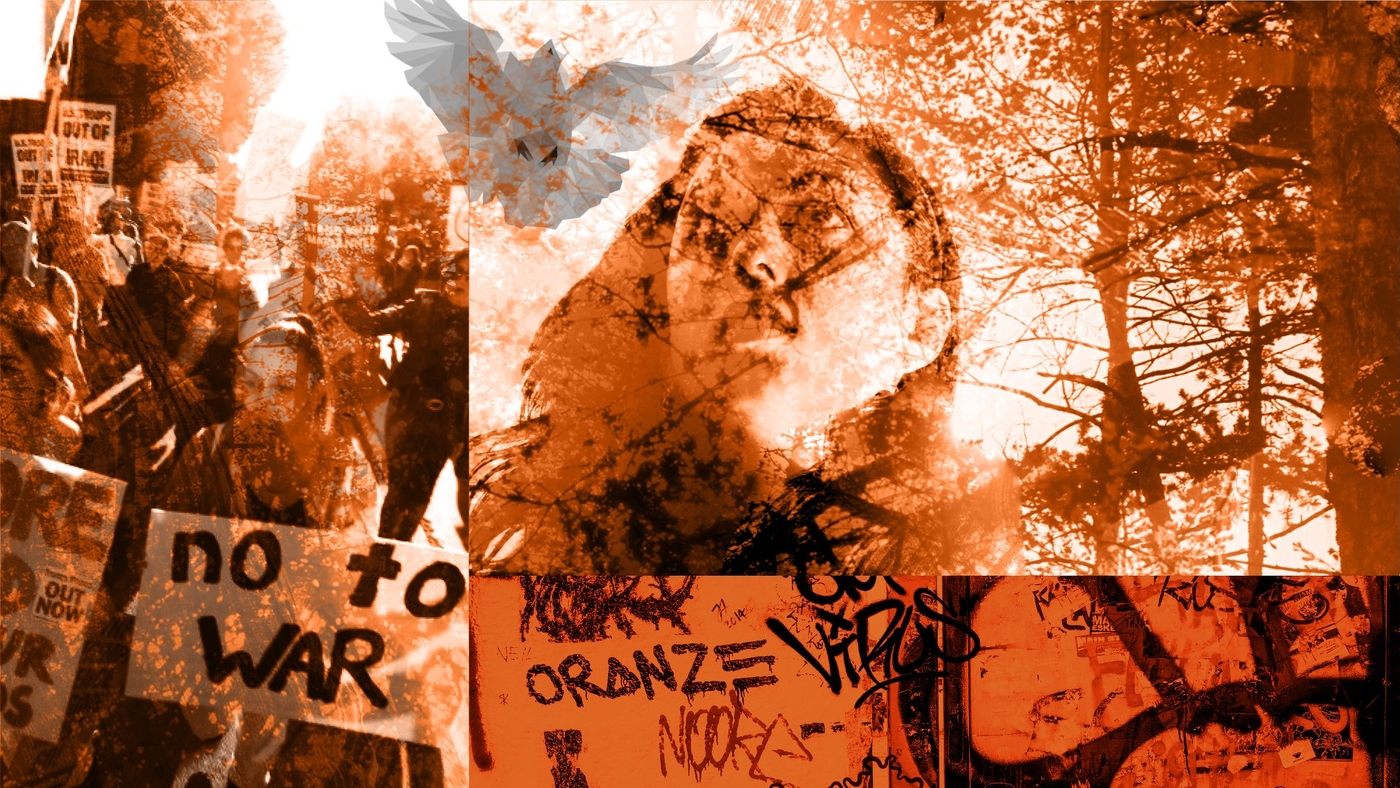Registration is currently open for a new University of Iceland on-line course within the edX network: Paths to Peace and Conflict: From the body to the International, which is launched today 6 June. The course will explore peacebuilding with an inclusive and intersectional lens to shed light on ways, we can strengthen peace processes.
Do you want to strengthen your understanding of peace and conflict processes?
Sub- and non-state actors are increasingly relevant internationally and are as varied as sanctuary cities in the US, social movements like #metoo, various insurgencies in Afghanistan, IS in Iraq/Syria, and maoist movements in India. This phenomenon emerges simultaneously with increased nationalism and extremism, where populist parties and politicians have gained in global prominence. Many of these actors represent “grassroots” movements, reflecting the political interests of people who have otherwise not felt represented by the state. In response, renewed approaches in peace and conflict studies are needed, focusing on peacebuilding “from below”, acknowledging gender and other categories, understanding “the local” in peace processes, and sub/non-state actor roles as either spoilers or supporters of peace.
The aim of the course Paths to peace and conflict: from the body to the international, is to explore peacebuilding from various perspectives, ranging from the corporeal to non-state actors and the international system. The course employs diverse analytical tools, including gender and intersectionality, to shed light on the different ways we can strengthen peace processes and improve their outcomes. We also focus on issues that a gendered approach helps us see, like the public private divide and how it marginalizes the experiences of individuals, who can often play a significant role in peacebuilding, in addition to engaging with the geography of peace and embodied experiences of conflict.
The course is taught by an outstanding team of scholars from the University of Iceland, the University of Tampere in Finland, the University of Tromsø, Norway‘s Arctic University, the University of Sarajevo in Bosnia-Hercegovina, and the University of the Basque Country, in Spain. In addition to the analytical perspectives the team introduces you to, the lectures will provide you with insights into numerous cases, including Afghanistan, the Balkans, Burundi, Colombia, and Georgia, to name a few.
By taking this course, you will strengthen your understanding of peace and conflict processes, learn to recognize the value of looking at non-state actors and their roles in building a sustainable peace, and challenge yourself to look not only at conflicts where weapons are being employed, but at the way they affect the intimate, and often mundane, everyday experiences of average people.




